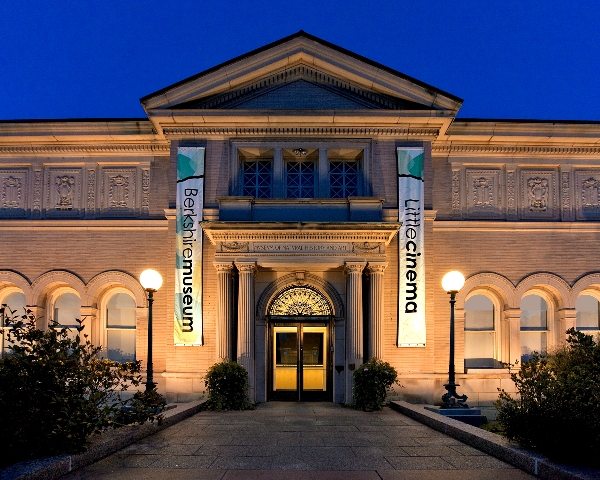
October 31st, 2017; Art News
In these days of stakeholder activism, nonprofit boards who misunderstand and offend the expectations of those stakeholders may find their plans blocked and their tenure shortened.
NPQ has been following the situation at Massachusetts’ Berkshire Museum, which will be in court today to defend itself against two suits that seek to halt their sale of 40 pieces of art—including two paintings by Norman Rockwell— from its collection. The museum says it needs the sale proceeds, which are estimated at $50 million, to fund a new vision of more high-tech and hands-on exhibits, renovations, and its endowment. Unfortunately for them, a number of other stakeholders are blocking the plan, including three sons of painter Norman Rockwell, who donated some of his work to the museum, and members of the museum. According to WBUR’s The Artery, there is also an independent activist group that has been publicly protesting, and the Massachusetts Cultural Council has weighed in with its own criticism. Additional entities opposing the sale include national museum organizations like the Association of Art Museum Directors.
“If museums began to essentially use their collections as financial assets, that would erode the confidence of collectors and donors in giving artworks to museums,” said Lori Fogarty, president of the Association of Art Museum Directors. This issue has arisen before, such as when contributors stepped in to save the Detroit Institute of Art from having to sell artwork to cover city pension plan shortfalls.
Fogarty said widely held professional standards permit museums to sell art for just one specific purpose: “If artworks from the collection are sold, that the proceeds from the sale will only be used for future acquisitions to the collection,” she said.
Sign up for our free newsletters
Subscribe to NPQ's newsletters to have our top stories delivered directly to your inbox.
By signing up, you agree to our privacy policy and terms of use, and to receive messages from NPQ and our partners.
And that purpose, she said, is not to fund renovations or build an endowment, as the Berkshire Museum has proposed.
Perhaps even more critically as far as legal standing is concerned, Maura Healey, the attorney general of Massachusetts, has filed with the court asking that it order the sale to be delayed to allow more time to study the plan. The Attorney General will likely be required to approve the plan at this point.
The plan to sell a portion of the museum’s permanent collection was first announced three months ago, to the predictable outrage of other museums for whom this is a violation of ethical standards. The situation is somewhat reminiscent of the widespread pushback to the decision of the board of Sweet Briar College to close the institution. Those who can prove that they have standing in court will progress through the legal system in the same way, with stakeholders and trustees vying for the right to make or at least weigh in on decisions.
In Sweet Briar’s case, of course, the board was finally displaced, a new board took over, and the institution remained open. But the museum board is forging forward into the court-based fray. “I believe the museum has the right to go forward, and we feel that the legal action is kind of factually and legally flawed,” said Elizabeth McGraw, president of its board. “We’re confident that we’ll be able to continue moving forward with our new plans and new visions for the museum.”
We’ll see, I guess, but this reminder that the board does not own any nonprofit and that they and the institution are accountable to a far wider group of interested parties cannot be emphasized enough.—Ruth McCambridge













